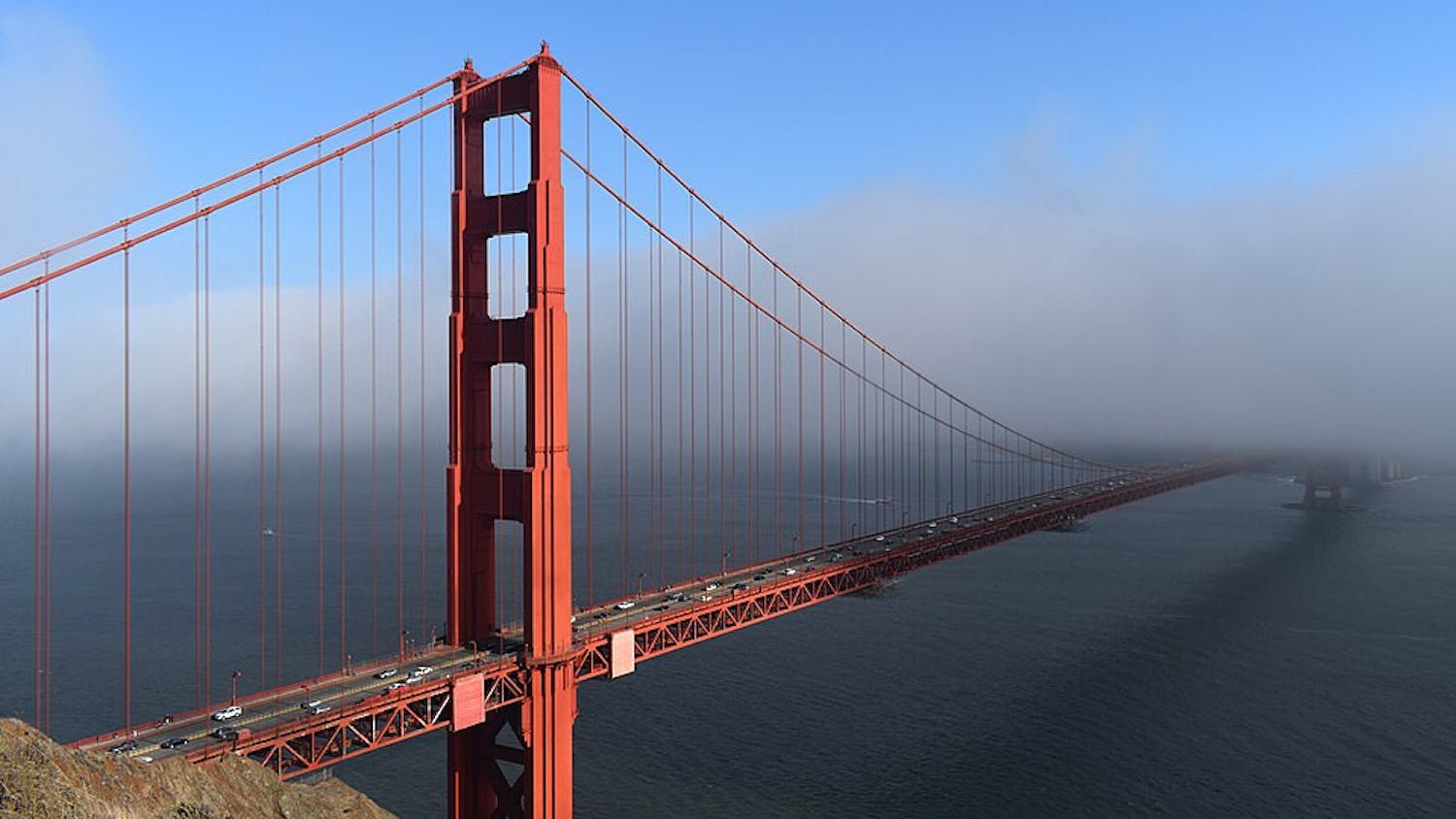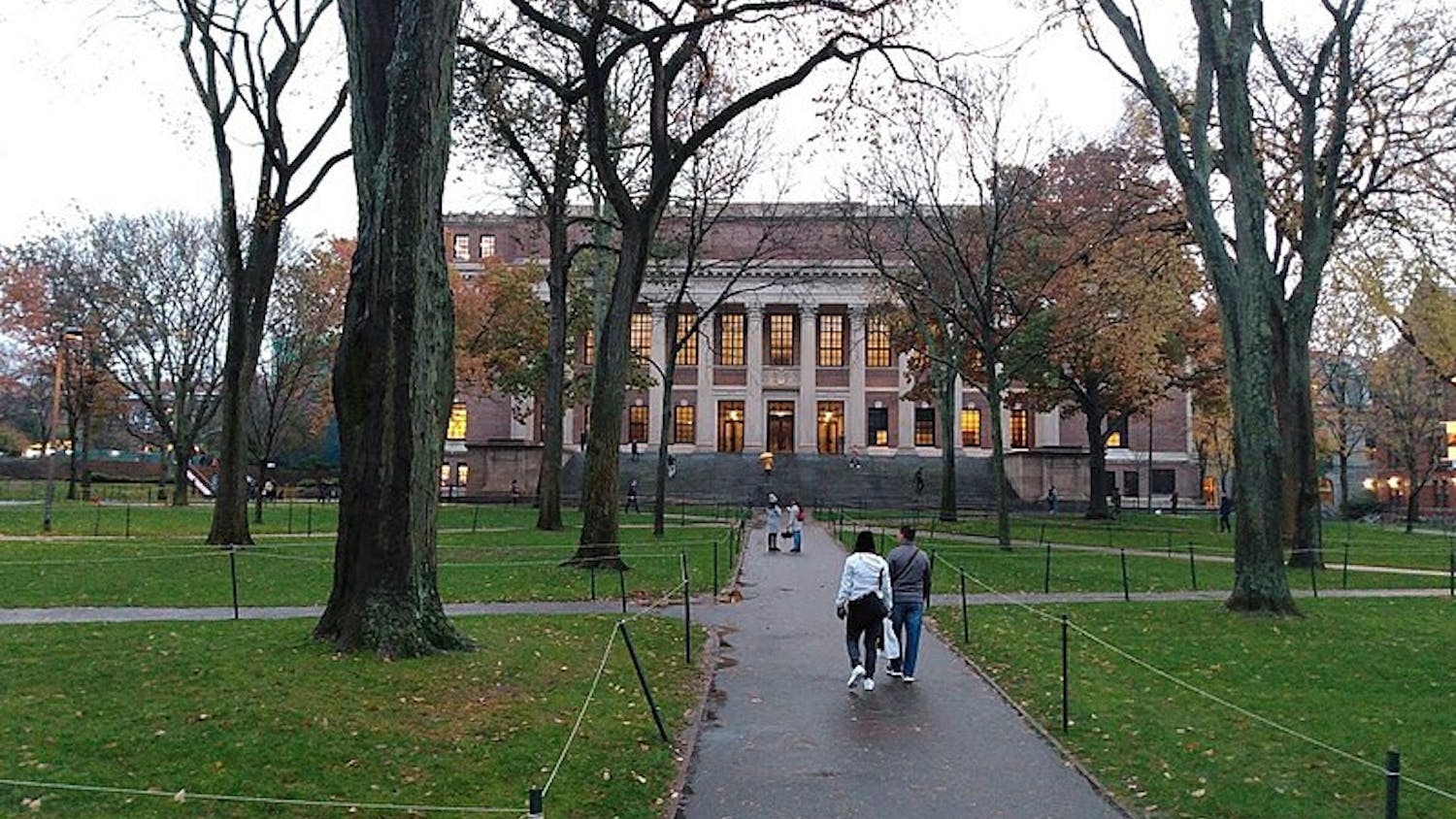By Ethan Resnik
Correspondent
Texas has been in a crisis as winter weather and freezing temperatures rocked the state. Millions had no electricity and heat as power grids around the state failed. As of early Monday morning, more than 15,700 people were without power across the state, according to Poweroutage.us.

Texas Gov. Greg Abbott said that he expected all power to be fully restored by late Sunday or Monday. Millions of Texans realized that their taps had run dry and multiple water pipes had burst as the restoration process began.
More than 8.7 million are still having water problems today. The water disruptions have affected more than 1200 public water systems, according to CNN. “Customers should flush their water system by running cold-water faucets for at least one minute, cleaning automatic ice makers by making and discarding several batches of ice, and running water softeners through a regeneration cycle,” Houston officials said in a news release.
There have been multiple accounts of deaths from carbon monoxide poisoning while trying to keep warm in their vehicles. Three people were found dead Saturday from carbon monoxide poisoning caused by a portable gas generator in Nacogdoches, Texas according to a news release from the Nacogdoches Sheriff's Department. Those who died had no power and were using a generator on the front porch. Officers said the exhaust pipe was close to the home and melted a hole in the wall which led to carbon dioxide entering the house, according to CNN.
Texas was unprepared for the large amount of snow due to state infrastructure and preparedness for large snow storms. Different areas of the state got anywhere from two to 10 inches of snow. The last time Texas received large amounts of snow was 2011, according to the National Weather Service.
Texas power plants were not prepared for the freezing temperatures. The pipelines that transported gas providing heat to the citizens of Texas were frozen. The problem escalated as people turned up the heat and power plants went through shortages of gas that were used to produce electricity as well as heat.
During the Texas blackouts, the state’s grid lost roughly five times as much power from natural gas as it did from wind. As demand hit a record high for winter, the grid operator instructed utilities to begin controlled power outages to avoid long-term damage, according to the New York Times.
The storms have also delayed the government’s delivery of vaccines to several states, including Texas. There also has been shortages in some grocery stores and food pantries. The water supply has also been a huge problem amidst the winter storm. Burst pipes, lack of power and frozen wells led to many citizens not having water. Residents have been unable to bathe, wash their hands or use the toilet.
In Harris County, which includes Houston, more than one million people either did not have water or were told to boil it first. In Austin, residents were told to boil water because of a power failure at the city’s largest water-treatment facility, according to New York Times.
Recommendations were adopted to strengthen Texas’ winter storm resistance after the 2011 storm, yet some were ignored. The state's government officials have been highly criticized for their handling of the crisis.
Back in november officials took stock of the power grids around TExas and were confident that the systems could handle the upcoming weather. The power outages have opened up a bunch of long running debates in Texas. There have been many proponents of renewable energy and backers of fossil fuels and critics of wind energy.
Wind energy powers 23% of Texas’s electrical grid. People blamed the intermittent source of energy for the grid’s unreliability. Even more issues were shown in broad daylight from the collapse of Teas’ infrastructure. Texans’ thirst for cheap energy—aided by the energy industry’s hunger for profits—left the state’s power sector ill-prepared to weather a winter storm that other states, including neighboring Oklahoma and New Mexico, have weathered far better than Texas has.
Additionally, the backward-looking regimen that state energy officials use to forecast the weather—a methodology that minimizes the effect of such intensifying factors as climate change, which scientists say can make winter storms more brutal—may have led them to underestimate the approaching storm’s fury according to Texas Monthly.







